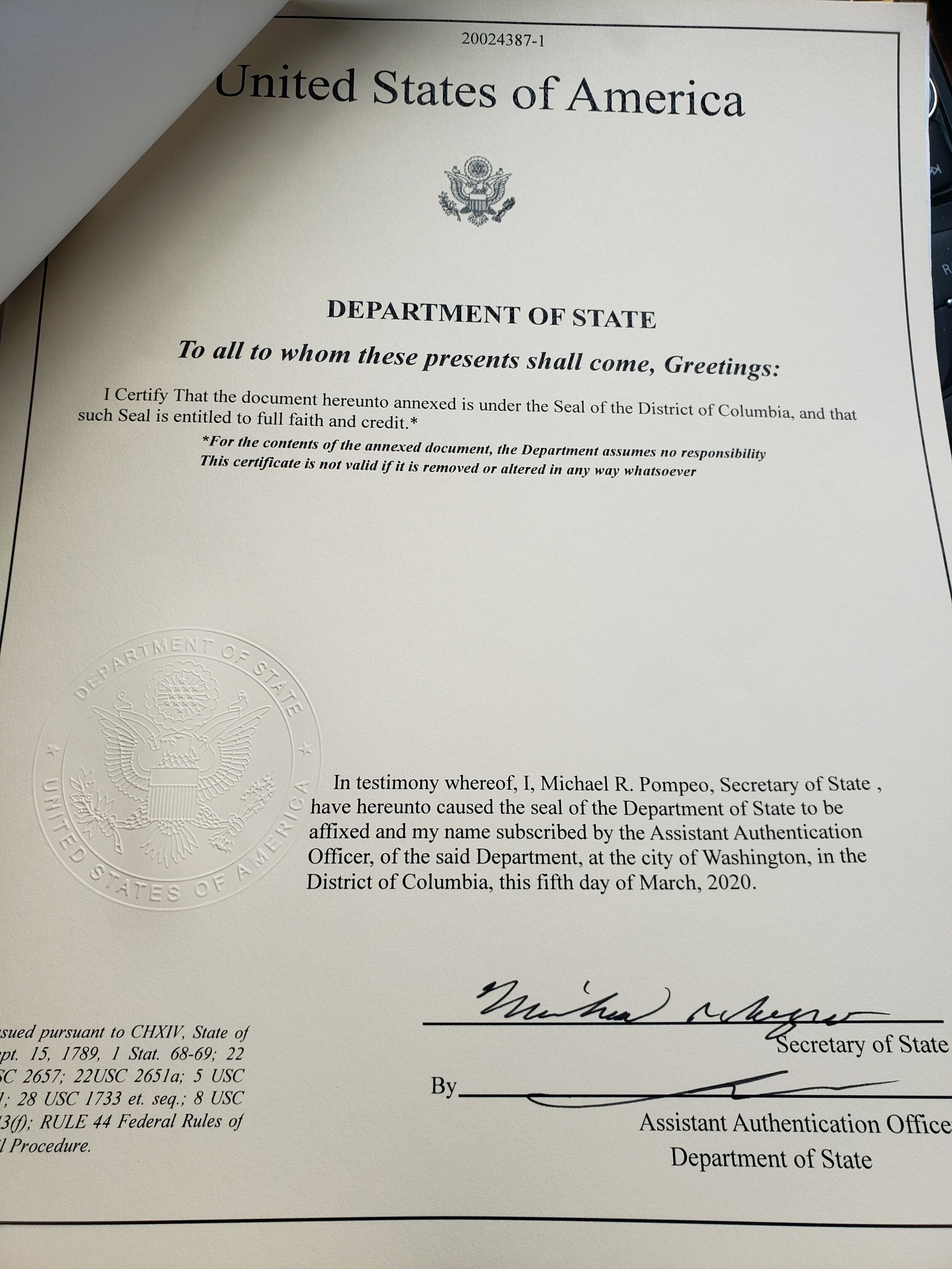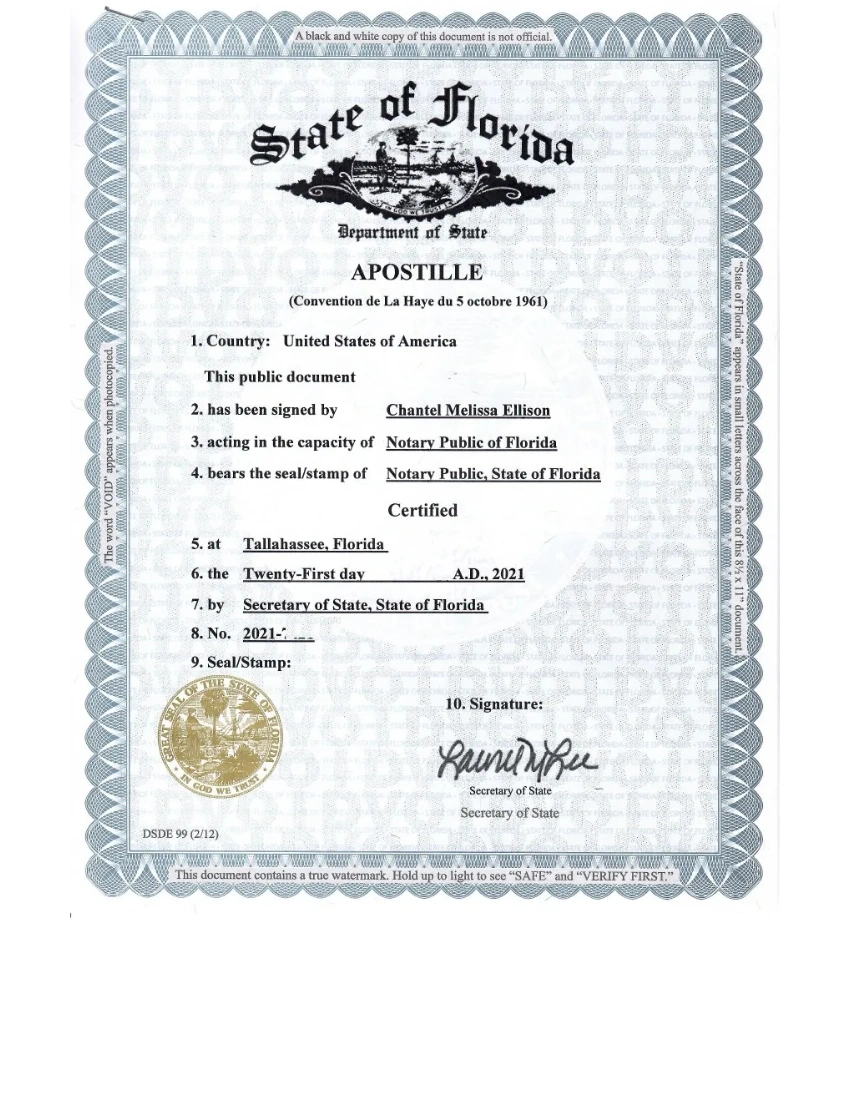Trustworthy Houston TX Apostille Services for Your Lawful Documents
Trustworthy Houston TX Apostille Services for Your Lawful Documents
Blog Article
Revealing the Crucial Role of Apostille in Simplifying International Record Validation Processes
In the world of worldwide events, the recognition of documents holds extremely important significance. By attaching an apostille to a paper, it undergoes a simplified validation that is acknowledged across various countries, thus reducing the burdens connected with cross-border record verification.
Understanding Apostille Essentials
In the realm of paper validation for global usage, understanding the essential concepts of apostille authentication is vital. An apostille is a specialized certification that confirms the credibility of a file for use in international countries that are component of the Hague Apostille Convention.
Apostilles are commonly issued for crucial records such as birth certifications, marital relationship certificates, and scholastic records. The essential elements of an apostille consist of the name of the nation where it was provided, the name of the individual authorizing the file, the ability in which the individual authorized the paper, the seal or stamp of the releasing authority, and the day of issuance. By comprehending these fundamental aspects of apostille verification, people and organizations can browse the intricacies of global document validation with confidence and efficiency.
Advantages of Apostille for Recognition

Moreover, the apostille simplifies the confirmation process by providing a standardized certification that confirms the authenticity of the file, such as birth certifications, marriage licenses, notarized deeds, and academic transcripts. This standard layout decreases the risk of denial because of strangeness with foreign papers, thus improving the performance of cross-border deals.
Additionally, the apostille aids in getting rid of the need for numerous layers of authentication by government authorities, as the apostille itself indicates the file's credibility. This not only accelerates the document recognition process however also minimizes the associated prices and administrative difficulties, making it a hassle-free and economical service for individuals and organizations engaging in worldwide activities.
Streamlining Cross-Border Document Verification
Facilitating the recognition of files across global boundaries, the apostille process works as a structured and universally recognized technique for authenticating different sorts of main documents. Streamlining cross-border document authentication, the apostille eliminates the demand for usually challenging and prolonged recognition treatments commonly needed when providing papers in foreign countries. By fastening an apostille to a record, the releasing nation accredits the authenticity of the file, making it easily appropriate in other nations that are component of the Hague Apostille Convention. This standard process substantially decreases the moment and initiative associated with confirming the authenticity of official paperwork, promoting effectiveness and simplicity of global transactions.
Additionally, the apostille system improves the security and reliability of cross-border paper validation by offering a clear and globally approved mechanism for verifying the validity of papers. This simplification of authentication refines not only benefits individuals and organizations looking for to run internationally however likewise cultivates smoother communication and collaboration between nations by making certain the integrity of common documentation.
Importance of Apostille in Legalisation

Apostille makes certain that lawful papers such as birth certifications, marital relationship certifications, powers of lawyer, and court papers are identified and accepted in foreign territories. This is particularly essential in lawful matters such as worldwide adoptions, immigration processes, or service deals that include events from various countries. The apostille procedure lowers the lengthy procedures and bureaucratic obstacles typically connected with document legalisation, making global transactions extra effective and legitimately binding. Finally, the relevance of apostille in the legalisation of global documents can not be overstated, as it assists in smooth cross-border interactions and ensures the legitimacy and authenticity of lawful documents.
Apostille Vs. Typical Recognition Techniques
Contrasting apostille with standard recognition methods exposes distinct distinctions in the efficiency and simplicity of file verification processes for global usage. Apostille, as a standard and structured approach developed by the Hague Convention, offers a much more straightforward approach to validating papers contrasted to standard methods. Conventional validation processes often entail numerous actions, including registration, accreditation by government authorities, and consular legalisation, which can be lengthy and difficult.
Apostille, on the other hand, streamlines this process by certifying records with More Info a solitary apostille certification provided by a skilled authority in the country where the file originates (Houston TX Apostille). This certificate is recognized by all participant countries of the Hague Convention, getting rid of the need for additional embassy legalization. As an outcome, apostille considerably decreases the moment and effort needed for paper recognition, making it a favored option for people and organizations entailed in worldwide purchases
Conclusion
To conclude, apostille plays a vital role in simplifying worldwide paper validation processes by supplying a standardized approach of authentication that is identified across getting involved countries. By simplifying the legalization procedure, apostille gets rid of the demand for numerous layers of validation, lowering time and prices related to cross-border paper verification. This efficient system benefits individuals and companies seeking to use foreign files for lawful purposes, making certain smoother international transactions.
By attaching an apostille to a record, it goes through a streamlined recognition that is identified across many nations, hence reducing the concerns connected with cross-border record verification. Streamlining cross-border file authentication, the apostille gets rid of the demand for lengthy and typically challenging validation treatments usually called for when presenting documents in international nations. By attaching an apostille to a paper, the providing country licenses the credibility of the document, making it easily acceptable in other nations that are component of the Hague Apostille Convention. By affixing an apostille to a document, the providing nation accredits the authenticity of the trademark, seal, or stamp on the record, making it valid for usage in another member country of the Hague Apostille Convention without the requirement for see page further legalization.

Report this page